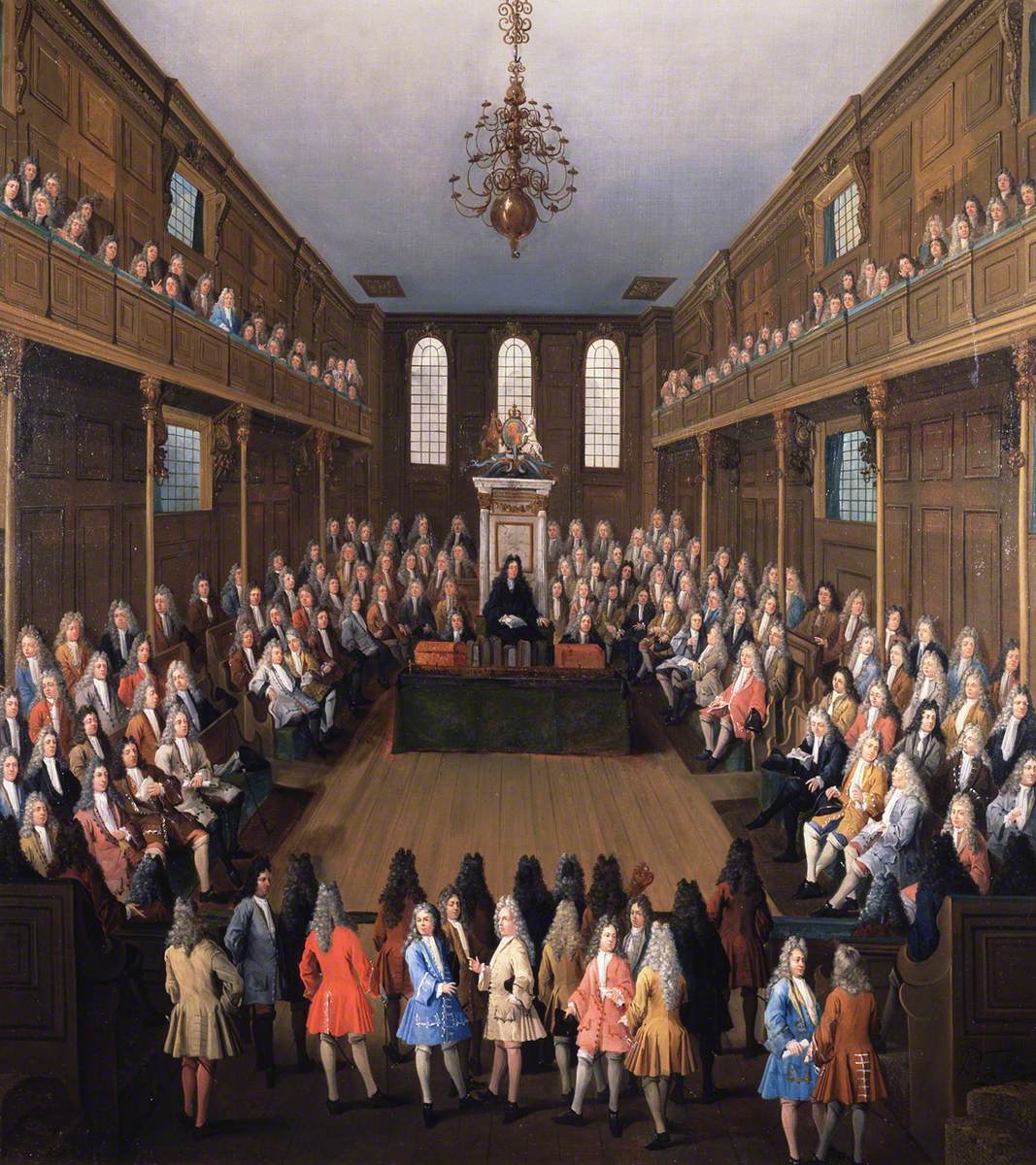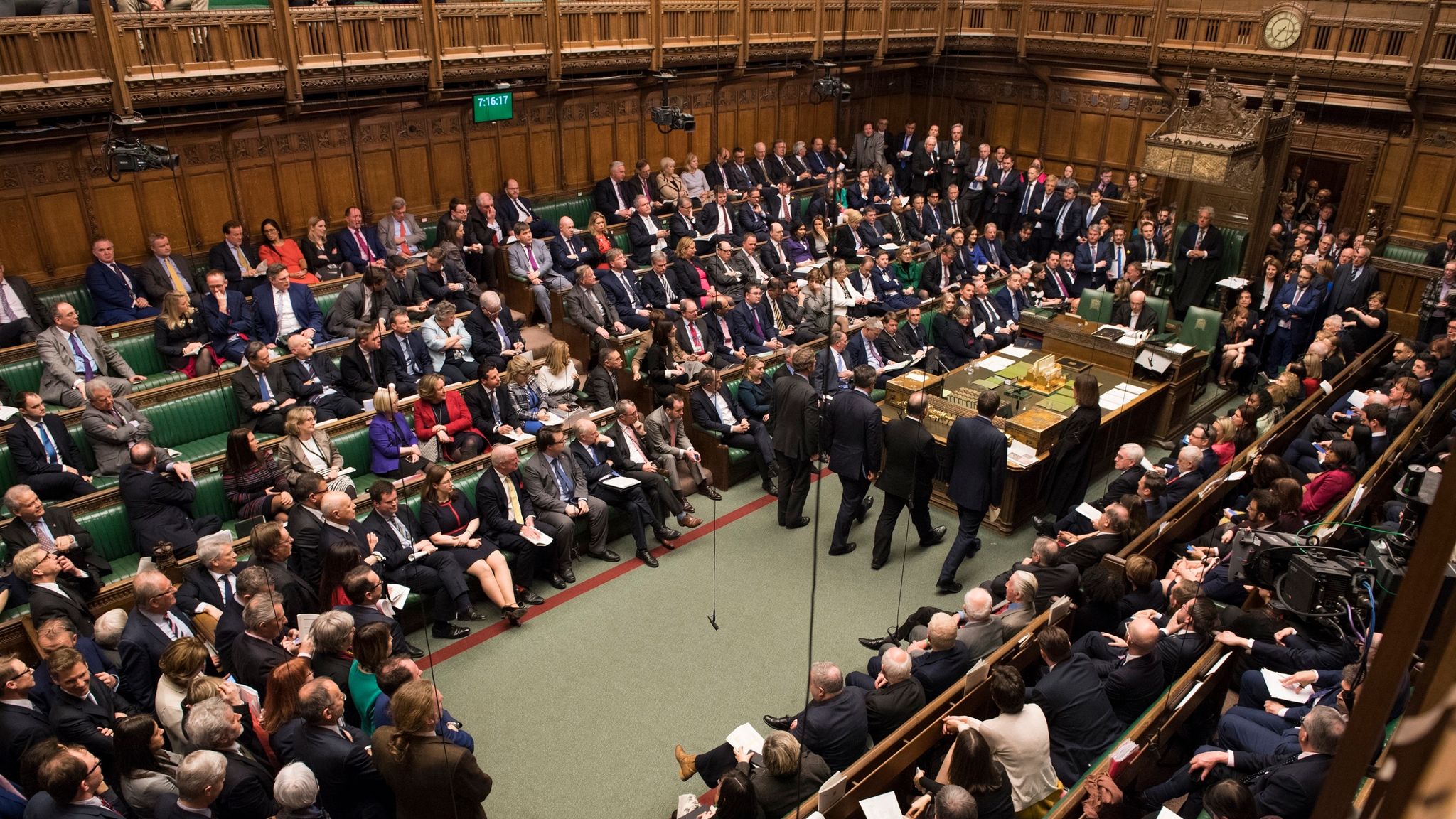Table Of Content
Even before the passage of the Parliament Acts, the Commons possessed pre-eminence in cases of financial matters. By ancient custom, the House of Lords may not introduce a bill relating to taxation or Supply, nor amend a bill so as to insert a provision relating to taxation or Supply, nor amend a Supply Bill in any way. The House of Commons is free to waive this privilege, and sometimes does so to allow the House of Lords to pass amendments with financial implications. The House of Lords remains free to reject bills relating to Supply and taxation, but may be over-ruled easily if the bills are Money Bills. (A bill relating to revenue and Supply may not be a Money Bill if, for example, it includes subjects other than national taxation and public funds).

Officers and staff
Expedited legislation: Public bills receiving their second and third readings on the same day in the House of Commons - Commons Library
Expedited legislation: Public bills receiving their second and third readings on the same day in the House of Commons.
Posted: Tue, 09 Apr 2024 07:00:00 GMT [source]
Meetings of the full house are held in the Commons chamber for the purpose of set-piece debates upon specific aspects of government policy, or for the passage of legislation. Legislative procedures normally ensure that the government's legislative proposals pass into law in accordance with a predetermined timetable. The business of the House is executed by its elected Members with the support of its administrative staff. Each Member of Parliament (MP) is chosen by a single constituency by the First-Past-the-Post electoral system.
Members and elections
Once elected, the Member of Parliament normally continues to serve until the next dissolution of Parliament or until death. If a Member, however, ceases to be qualified (see qualifications below), his or her seat falls vacant. It is possible for the House of Commons to expel a Member, but this power is exercised only when the Member has engaged in serious misconduct or criminal activity. In each case, a vacancy may be filled by a by-election in the appropriate constituency. The boundaries of the constituencies are determined by four permanent and independent Boundary Commissions, one each for England, Wales, Scotland, and Northern Ireland. The number of constituencies assigned to the four parts of the United Kingdom is based roughly on population, but subject to certain statutory regulations.
House of Commons of the United Kingdom
The members of the last House of Commons of England had been elected between 7 May and 6 June 1705, and from 1707 they all continued to sit as members of the new House of Commons. The last general election in Scotland had been held in the autumn of 1702, and from 1707 only forty-five of the members of the Parliament of Scotland joined the new house. In Scotland there was also no new election from the burghs, and the places available were filled by co-option from the last Parliament.

De Freitas was taken aback by the sudden nomination and urged the House not to support him (a genuine feeling, unlike the feigned reluctance which all speakers traditionally show). Lloyd was elected, but there was a feeling among all parties that the system of election needed to be overhauled. The speakership evolved into its modern form—in which the holder is an impartial and apolitical officer who does not belong to any party—only during the middle of the 19th century. But despite outrage from charities, campaigners and opposition parties around the measure, it got the backing of the majority of MPs - and the bill passed its final stage in the Commons shortly after 6.30pm. But, as Pippa Crerar reports, peers are still holding out for concessions, particularly on that which would exempt Afghanistan interpreters and others who have worked for British forces abroad from the threat of deportation to Rwanda.
Speaker of the House of Commons (United Kingdom)
Furthermore, supply bills passed by the House of Commons are immune to amendments in the House of Lords. In addition, the House of Lords is barred from amending a bill so as to insert a taxation or supply-related provision, but the House of Commons often waives its privileges and allows the Lords to make amendments with financial implications. Under a separate convention, known as the Salisbury Convention, the House of Lords does not seek to oppose legislation promised in the government's election manifesto. Hence, as the power of the House of Lords has been severely curtailed by statute and by practice, the House of Commons is clearly the more powerful chamber of Parliament.
Once the division concludes, the Tellers provide the results to the presiding officer, who then announces them to the House. If there is an equality of votes, the Speaker or Deputy Speaker has a casting vote. Traditionally, this casting vote is exercised to allow further debate, if this is possible, or otherwise to avoid a decision being taken without a majority (for example, voting No to a motion or the third reading of a bill). The quorum of the House of Commons is 40 members for any vote; if fewer than 40 members have participated, the division is invalid. When the debate concludes, or when the Closure is invoked, the motion in question is put to a vote.
The Monarchy Abolished
Even if the UK-Rwanda agreement and the ‘Safety of Rwanda’ bill are approved, airlines and aviation regulators could be complicit in violating internationally protected human rights and court orders by facilitating removals to Rwanda. They are both seen as Tory success stories (Houchen won 73% of the vote when he was re-elected in 2021) and both seem to have some chance of winning again. If they do, Rishi Sunak will be able to argue that dire national polls will not stop Conservatives winning votes where they have a record of achievement.
Ethnic diversity in politics and public life - House of Commons Library - Commons Library
Ethnic diversity in politics and public life - House of Commons Library.
Posted: Mon, 02 Oct 2023 07:00:00 GMT [source]
I think, in the weeks and months ahead, we do need to reflect whether four or five times sending something back to the elected house is a way in which the best way to enable the king’s government to be carried on. You’ll see it just below the byline – on the left of the screen, if you are reading on a laptop or a desktop. I find it very useful when people message to point out errors (even typos – no mistake is too small to correct). I can’t promise to reply to them all, but I will try to reply to as many as I can, either in the comments below the line; privately (if you leave an email address and that seems more appropriate); or in the main blog, if I think it is a topic of wide interest. In 2007, as shadow international development secretary, he launched a volunteering project in the country for Conservative activists, Project Umubano, which helped to change the party’s stance on development issues. In his Today interview Andrew Mitchell, the deputy foreign secretary, also claimed that Rwanda was “arguably safer than London”.
Prior to the creation of the Supreme Court of the United Kingdom in 2009, Parliament was the highest court in the realm for most purposes, but the Privy Council had jurisdiction in some cases (for instance, appeals from ecclesiastical courts). The jurisdiction of Parliament arose from the ancient custom of petitioning the Houses to redress grievances and to do justice. The House of Commons ceased considering petitions to reverse the judgements of lower courts in 1399, effectively leaving the House of Lords as the court of last resort. In modern times, the judicial functions of the House of Lords were performed not by the whole House, but by the Lords of Appeal in Ordinary (judges granted life peerage dignities under the Appellate Jurisdiction Act 1876) and by Lords of Appeal (other peers with experience in the judiciary). However, under the Constitutional Reform Act 2005, these judicial functions were transferred to the newly created Supreme Court in 2009, and the Lords of Appeal in Ordinary became the first Justices of the Supreme Court. Peers who hold high judicial office are no longer allowed to vote or speak in the Lords until they retire as justices.
Speeches are addressed to the presiding officer, using the words "Mr Speaker", "Madam Speaker", "Mr Deputy Speaker", or "Madam Deputy Speaker". Only the presiding officer may be directly addressed in debate; other members must be referred to in the third person. Traditionally, members do not refer to each other by name, but by constituency, using forms such as "the Honourable Member for [constituency]", or, in the case of Privy Counsellors, "the Right Honourable Member for [constituency]".
Both houses of the British Parliament are presided over by a speaker, the Speaker of the House for the Commons and the Lord Speaker in the House of Lords. The monarch reads a speech, known as the Speech from the Throne, which is prepared by the Prime Minister and the Cabinet, outlining the Government's agenda for the coming year. The speech reflects the legislative agenda for which the Government intends to seek the agreement of both Houses of Parliament. The State Opening of Parliament is an annual event that marks the commencement of a session of the Parliament of the United Kingdom.
It was not until the mid-1930s that it became common for a speaker to face some form of opposition for re-election. The speaker has significant influence on legislation, for example by selecting which amendments to a bill may be proposed, and by interpreting and enforcing the rules of Parliament as laid out in the official parliamentary rulebook, Erskine May. The earliest year for which a presiding officer has been identified is 1258, when Peter de Montfort presided over the Parliament held in Oxford. The continuous history of the office of speaker is held to date from 1376[6] when Sir Peter de la Mare spoke for the commons in the "Good Parliament" as they joined leading magnates in purging the chief ministers of the Crown and the most unpopular members of the king's household.
The Speaker may, however, order a Member who persists in making a tediously repetitive or irrelevant speech to stop speaking. Debate may, however, be restricted by the passage of "Allocation of Time Motions," which are more commonly known as "Guillotine Motions." Alternatively, the House may put an immediate end to debate by passing a motion to invoke the Closure. The Speaker is allowed to deny the motion if he or she believes that it infringes upon the rights of the minority. Nowadays, Bills are scheduled according to a Timetable Motion, which the whole House agrees in advance, obviating use of the guillotine. Sittings are also suspended whenever there is a division taking place in the House itself.
Occasionally Government bills are defeated by backbench rebellions (Terrorism Act 2006). The House of Commons of England began to evolve in the 13th and 14th centuries. In 1707 it became the House of Commons of Great Britain after the political union with Scotland, and from 1801 it also became the House of Commons for Ireland after the political union of Great Britain and Ireland. In 1922, the body became the House of Commons of the United Kingdom of Great Britain and Northern Ireland after the independence of the Irish Free State. Under the Parliament Acts 1911 and 1949, the Lords' power to reject legislation was reduced to a delaying power.

No comments:
Post a Comment